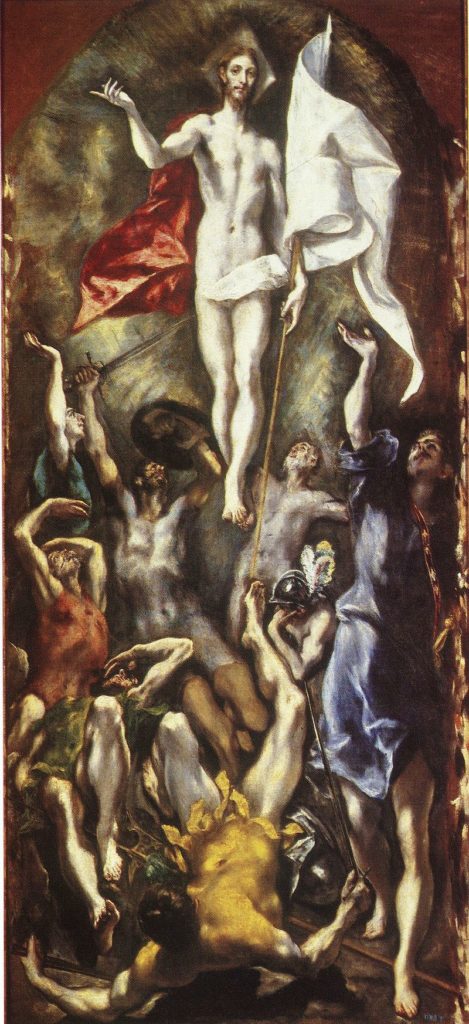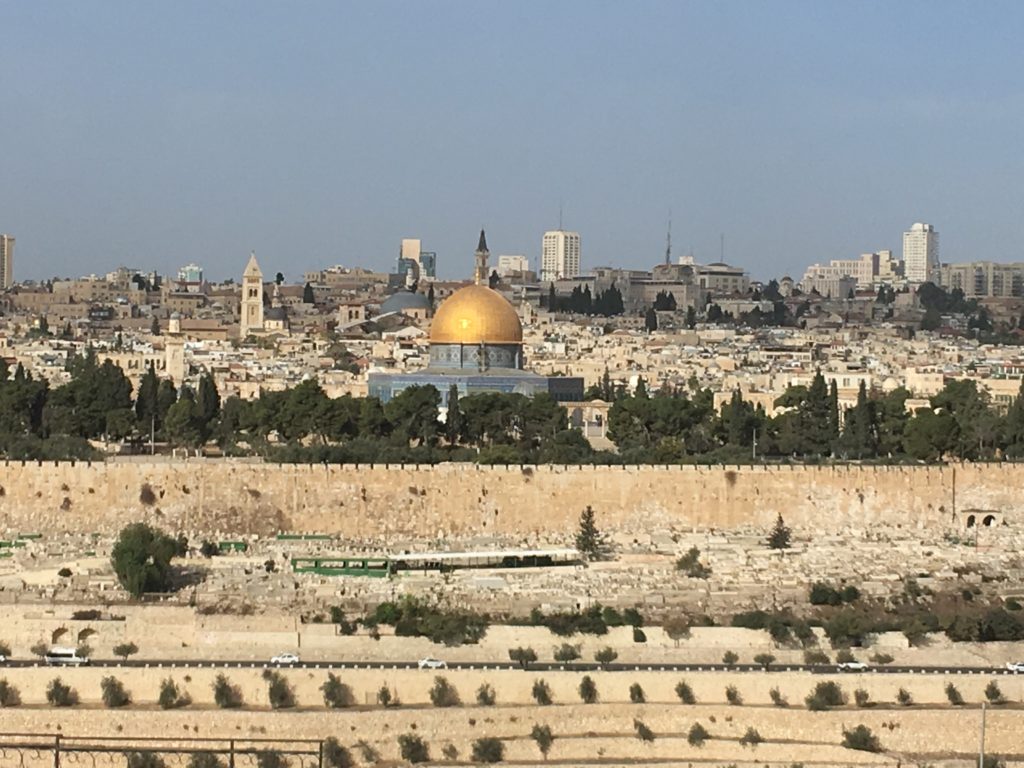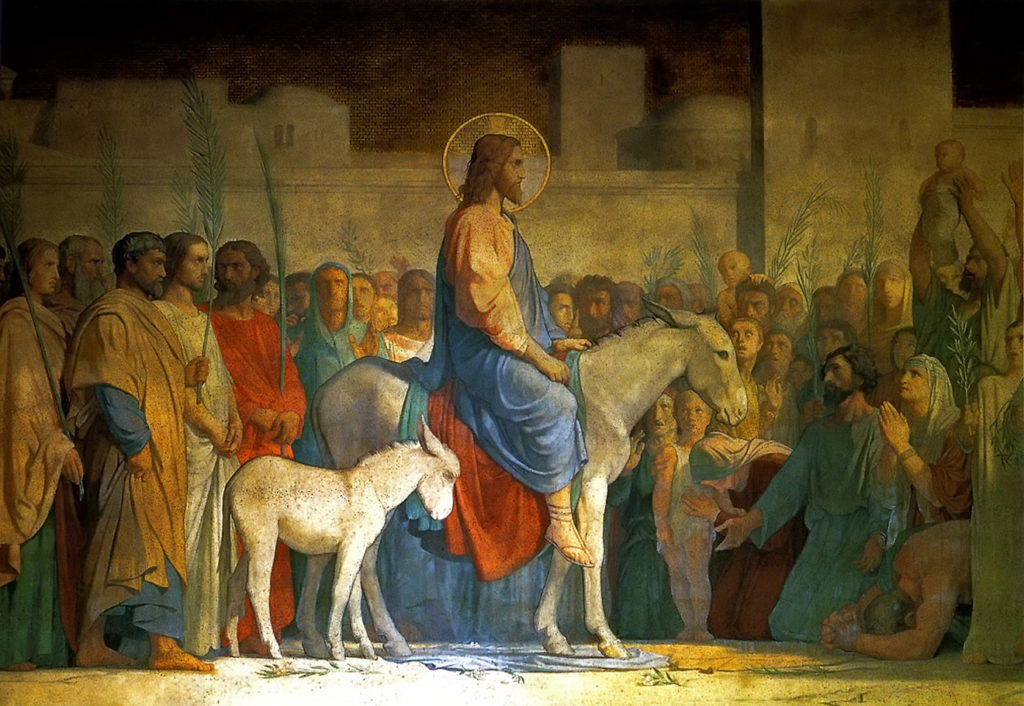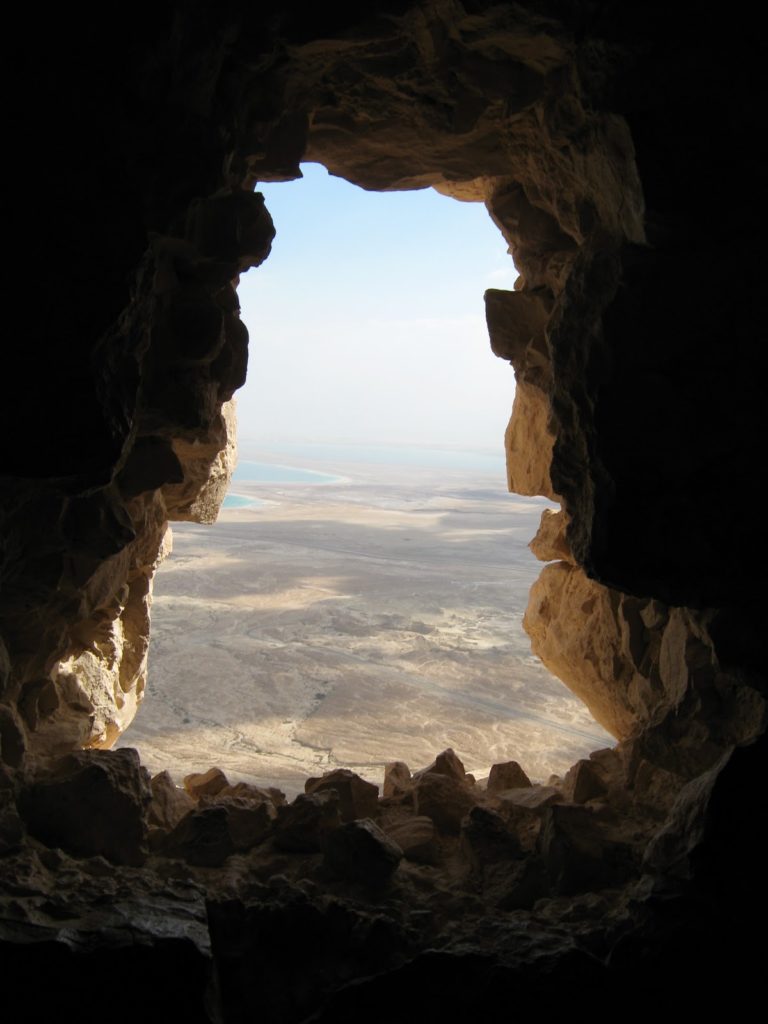A loose transcription of the Homily is below:
The Word, Jesus Christ, penetrates this great mystery of mysteries in being welcomed and privileged to enter into the Holy of Holies, the innermost dwelling place, God’s sacred heart. God so loved the world that He revealed to us this Holy of Holies of who He most deeply is. This is best expressed, and imparted through His Son. God the Father, the eternal, I am who am, Adonai, Eloahim, El Shadai – communicates His love, divine affection and identity in His Word made flesh.
And His Word, God’s self-understanding and knowledge of Himself, is given to us out of love, in His Son, who was born into the world. The Creator entered into His own creation to give His life through the cross. This was the impetus, the pulling of Jesus’ life; He was magnetically pulled to Jerusalem the whole thirty-three years of His life. He came into the world to die because His death would be the greatest life this world would ever see, and it would be life-giving; it would destroy death and the obstacles to being made in God’s image and likeness.
Every human being – whether they believe in God or not, whether they know Jesus or not, whether they are Christian or not – have been built in the image and likeness of God , and are built with an innate potential to know and love God. This potential – for which we are all made – for everlasting happiness through a knowledge of God and His truth is tapped into in an unprecedented way in Jesus Christ. God’s love is given to us in a universal, unrepeatable manner in Yeshua, the Messiah, the Anointed One.
In Christ’s baptism, God the Father declared to His Son, ‘This is my beloved.’ This is the one I want to give you to know Me. Because no one can come to the Father except through the Son. And there’s only one mediator, one bridge between heaven and earth, and His name is Jesus of Nazareth. There is no other name under heaven by which we shall be saved than by the name of Jesus.
This is God’s greatest self-communication out of compassion – the full revelation, the full splendor, the full beauty of His truth is revealed in Jesus and His Holy Face. We cannot look upon the face of God in all its glory and majesty apart from Yeshua.And when we meditate on the cross of Jesus – this greatest sermon of the Prophet above all prophets; who shares in the divine being and nature of the Father, Jesus the only begotten Son of the Father; whose whole life is perfectly revealed on the cross, the capstone of His sacred humanity – we see the whole mission of Jesus.
Remember, He lived thirty years hidden and in obscurity, and only three years in public ministry. We can never for a moment dare to think that those thirty years were not important, even though they were obscure, hidden, and unknown. Though he wasn’t manifesting publicly, those hidden years are utterly important because by His very love, He was redeeming the world.
His hidden years remind us that our hidden life – every sacrifice we make; every ‘No’ we say to sin in the secrecy of our thoughts and the allurements to the world in the desires of our hearts; every ‘No’ that we make to Satan in fighting temptations in our spiritual battles, seen to no one else but the eyes of God – are all very important for our salvation, and what it means to live by the Spirit of Jesus and not by the flesh. The hidden battles are all very, very important to work out our salvation and to allow our faith to be built up by love.
And what is love? It isn’t about our feelings, but our choices. ‘Even though I don’t feel Jesus, I choose Jesus.’ That’s love. ‘At whatever cost to myself, I choose You, Jesus, even when I don’t understand – be it done unto me as the Lord wills ; not my will but Thy will be done.’ That’s salvation working itself out. That’s the Holy Spirit coming to new birth in you by your being crucified with Christ.
Why do we meditate on the Passion? -to inspire love and courage to say ‘No!” to the world, the flesh, and to Satan. And ‘Yes!” to Jesus; to inspire the determination to persevere until the end, – as a believer, a disciple, and a follower of Jesus of Nazareth.
That is not easy. It will require spiritual warfare, a war against my flesh, against secular mentalities that are opposed to the Lord, a war against Satan’s cunning and snares, and who will try and keep me from being wholly united to Christ for the glory of God.
As Christian Catholics, we meditate on the Passion so that we can grow in the love beyond all telling – to love even though it hurts, to see our crosses, our inconveniences, our discomforts, our contradictions, our unknowing, our mysteries, our afflictions – to unite all that to Jesus in order to receive a proper redemptive perspective, a resurrected vision to everything we have to go through to get to heaven.
We meditate on the Passion to know that the victory is ours. No matter what you go through, it will grow you. The victory belongs to us. God will bring good out of everything and we need to be reminded of this because we are all prone to discouragement.
Your human nature is no different from mine. My human nature is no different than yours. Our human nature is no different from any of the saints whom we honor because they help us give greater glory to God. We’re all in the same boat – we are all sinners.
But as Christian Catholics, we are all beggars and we know where the bread is. It is in the Word of God and the Word of God made flesh in the Blessed Sacrament: as true presence and not symbol; as a bringing back to life again the sacred mysteries of Jesus; as an extension of the incarnation; as a feasting of victory; as an entering into – now – who we shall be with God for all eternity.
We are here, in a modest chapel that is meant to represent coming out of the tomb because though Jesus is on the cross in our churches to symbolically remind us of the love and price of our salvation, and to inspire us to lay down our lives for our brothers and sisters, we know that in heaven, Jesus is no longer on the cross.
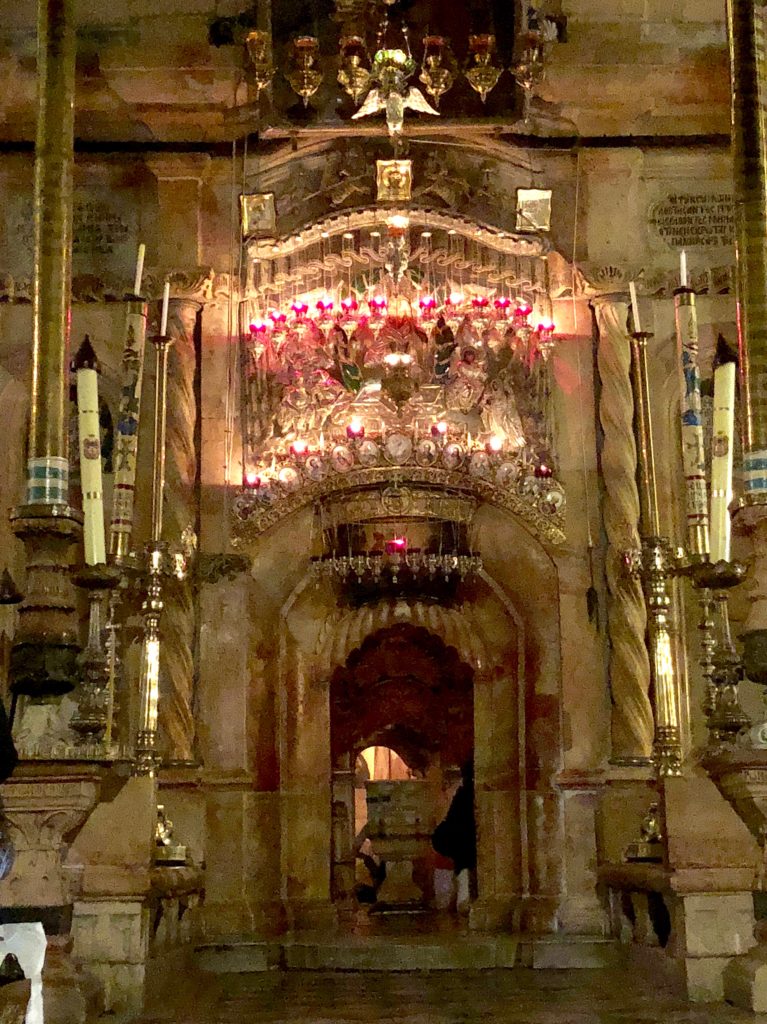
Photo credit: Lorelei Low, ocds (Jerusalem, 2018)
Jesus is risen! He is resurrected! He is victorious! And He already prepares a mansion and dwelling place for us to share in this victory – and we are all called to share in His victory of love over evil, of life over darkness.
Where does that battle start? It starts in my thinking and my attitude – I must convert my attitude and my way of thinking. Then the conversion must go to my speaking, my words. I must live in the light of God’s love, His truth, and His grace. The whole battle begins in my thoughts and is in the mind.
Our thoughts are formed by our past experiences, relationships, and emotions. I must claim the victory of Jesus’ resurrection and the significance of that resurrection for me as His child and beloved friend.
I must allow the significance of the resurrection to change and transform me in my identity. I’m still moody, I can still get depressed, I can still get nervous and anxious. We all do! We’re all on the same boat. We all have the same flesh. If you hit me, I am going to bruise and bleed just like anybody else.
But we use the truths in Jesus as a weapon of strength to be transformed by the renewal of our mind, to know God’s will in what is true, good, and beautiful, and to offer ourselves as a living sacrifice of praise to His glory. This is how we live by the Spirit.
If we don’t start with our thoughts and our words, it will be very hard to control our choices and actions. We will be guided by our impulses. The battle and the victory all starts in the mind, which connects to the heart.
Today, we give our hearts to Jesus, that He may bring about a resurrection now. To be a Catholic Christian in Christ means that Jesus’ resurrection has impacted my life personally. Jesus is real to me. He is not just a historical figure, or an image or statue in my house; He is a living being, a living savior in my heart and soul. The resurrection has given me new birth.
I am still weak, I still have faults, and I still make mistakes – but my savior is with me, and I know in whom I place my trust. And nothing is impossible for His mercy.
His mercy will accompany me.

